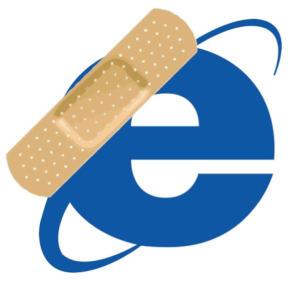Eran was a young man who was diagnosed with clinical depression. He spent the majority of his time heavily medicated and with his best friend – the internet (Aderet, 2009). The internet provided Eran with company, as he spent the majority of his time physically alone. Online, he engaged in discussions about suicide – something that would never be morally acceptable in the “real world” (Aderet, 2009). This space has been recognized as a place where people can go to speak freely and openly about their views and opinions of suicide, without any limitations or supervision.
The internet has become a place without boundaries – a place where people can freely and openly speak about any topic of interest. This can become dangerous to a person that has been or is socially isolated. The web has been referred to as a sanctuary for social outcasts (Aderet, 2009), because these people can use the internet anonymously to create a new identity, reinvent themselves, and create new online friends (Aderet, 2009). The anonymous aspect of the users of the internet can lead to discussions where other web users and minors are exploited, and where racism, discrimination, and prejudice behaviours are encouraged (Aderet, 2009). These types of discussions and behaviours are what poses a threat to the users of the internet, and the web as a whole. In the case of Eran, who was in great need of social support and empathy, was instead deeply involved in negative discussions that embraced the discussion of death and suicide on the internet, which unfortunately filled his mind with suicidal thoughts, and lead to his self-inflicted death (Aderet, 2009).
We just want to let you know that there is so much more out there than just the internet, social media, and technology. As previously mentioned, we are not here to scare you, just to make you aware! The internet is an open space to freely discuss whatever it is you please. Just remember to be cautious, and understand your personal and moral boundaries and apply these when you are online.
What types of discussions and conversations do you have with your peers or other online friends? Comment, or share your feedback on Twitter, Facebook, or Instagram! We look forward to hearing from you!
References
Aderet, A. (2009). The dark side of chats: internet without boundaries. The Israel Journal of Psychiatry and Related Sciences. 46(3): pp. 162-171.
